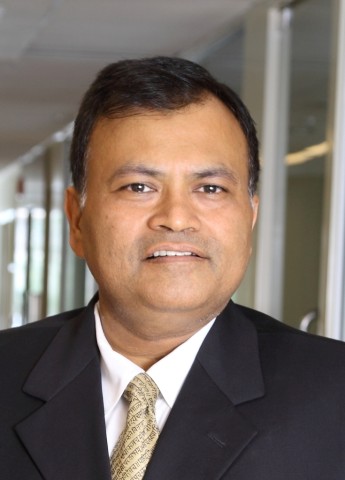 Huge focus on rural economy with a commitment to double the farmers’ income by 2022, betting quite high on rail and road infrastructure and yet sticking to the financial discipline by retaining the fiscal deficit targets for 2016-17 are the most important takeaways from the Union Budget 2016-17, ASSOCHAM President Mr Sunil Kanoria has said.
Huge focus on rural economy with a commitment to double the farmers’ income by 2022, betting quite high on rail and road infrastructure and yet sticking to the financial discipline by retaining the fiscal deficit targets for 2016-17 are the most important takeaways from the Union Budget 2016-17, ASSOCHAM President Mr Sunil Kanoria has said.
“The government has rightly realised that a sustainable and equitable growth model cannot be built as long as the rural economy is in distress,” said Mr Kanoria.
“With successive monsoon failure, the farm sector was in distress and the Finance Minister with a clear vision of the Prime Minister, Mr Narendra Modi has tilted the balance in favour of the agriculture sector, this would certainly yield dividends for the entire economy and provide a solid foundation for a robust economy,” said the ASSOCHAM chief.
There has also been a realization that in the absence of demand for the industrial products all over the world with the businesses battling under- utilization of capacity, the growth has to be led by the under-developed infrastructure, he said.
“A huge commitment of Rs 2.18 lakh crore on the rail and road infrastructure will not only kick start the economic growth but would also result in having a multiplier effect on India’s economy,” said Mr Kanoria.
He said re-opening the window for tax compliance is a clever and smart strategy to bring unaccounted money into the mainstream. “We hope several individuals and entities would be willing to join the mainstream by paying an overall 45 per cent tax.”
Although ASSOCHAM would have liked higher amount than Rs 25,000 crore for bank re-capitalisation, the Finance Minister’s commitment to come to rescue of the state owned banks should reassure lenders and other stakeholders about stability of the Indian financial system, besides, fiscal discipline in the government finances would keep the inflationary pressure at bay.
Yet another positive feature of the Budget is a slew of measures to reform the tax regime and dispute resolution mechanisms. “However, the government must ensure there is a good amount of coordination.”
Mr Kanoria also said that rationalisation of TDS (Tax Deducted at Source) should help small taxpayers, besides, relaxation of presumptive tax rules for SMEs and professionals would make life easier for them.
“Realising well the limitations brought in by slow demand and global slowdown, the Budget has rightly put emphasis on creation of employment through Start Up India and Skill Development, however, rationalisation of and simplification of tax rates would have benefitted the overall ease of doing business, especially keeping in mind that GST implementation seems to have been pushed ahead,” said the ASSOCHAM chief.
“All in all, Mr Jaitley’s Budget is a balanced budget covering all nine pillars as stated by him,” he added.
